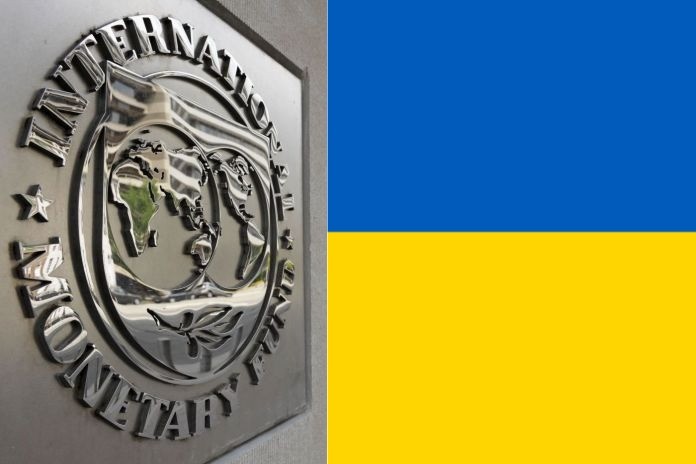WASHINGTON, USA – The International Monetary Fund (IMF) executive board met on March 4 in a meeting chaired by managing director Kristalina Georgieva. Staff briefed the board on the economic impact of the war in Ukraine, and on possible fast-tracked financial assistance for affected countries.
The war in Ukraine is resulting in tragic loss of life and human suffering, as well as causing massive damage to Ukraine’s physical infrastructure. It has sent a wave of more than one million refugees to neighbouring countries. Unprecedented sanctions have been announced on Russia.
While the situation remains highly fluid and the outlook is subject to extraordinary uncertainty, the economic consequences are already very serious. Energy and commodity prices – including wheat and other grains – have surged, adding to inflationary pressures from supply chain disruptions and the rebound from the Covid‑19 pandemic. Price shocks will have an impact worldwide, especially on poor households for whom food and fuel are a higher proportion of expenses. Should the conflict escalate, the economic damage would be all the more devastating. The sanctions on Russia will also have a substantial impact on the global economy and financial markets, with significant spillovers to other countries.
In many countries, the crisis is creating an adverse shock to both inflation and activity, amid already elevated price pressures. Monetary authorities will need to carefully monitor the pass-through of rising international prices to domestic inflation, to calibrate appropriate responses. Fiscal policy will need to support the most vulnerable households, to help offset rising living costs. This crisis will create complex policy tradeoffs, further complicating the policy landscape as the world economy recovers from the pandemic crisis.
In Ukraine, in addition to the human toll, the economic damage is already substantial. Seaports and airports are closed and have been damaged, and many roads and bridges have been damaged or destroyed. While it is very difficult to assess financing needs precisely at this stage, it is already clear that Ukraine will face significant recovery and reconstruction costs.
Ukraine has already requested emergency financing of $1.4 billion under the IMF’s Rapid Financing Instrument. Staff anticipates bringing this request to the executive board for consideration as early as next week.
The sanctions announced against the Central Bank of the Russian Federation will severely restrict its access to international reserves to support its currency and financial system. International sanctions on Russia’s banking system and the exclusion of a number of banks from SWIFT have significantly disrupted Russia’s ability to receive payments for exports, pay for imports and engage in cross-border financial transactions. While it is too early to foresee the full impact of these sanctions, we have already seen a sharp mark-down in asset prices as well as the ruble exchange rate.
Countries that have very close economic links with Ukraine and Russia are at particular risk of scarcity and supply disruptions and are most affected by the increasing inflows of refugees. Moldova has requested an augmentation and rephasing of its existing IMF-supported program to help meet the costs of the current crisis, and IMF staff are actively discussing options with the Moldovan authorities.
Staff will continue to monitor the spillover effects on other countries in the region, in particular those with existing IMF-supported programs and those with elevated vulnerabilities or exposures to the crisis. The ongoing war and associated sanctions will also have a severe impact on the global economy. The Fund will advise our member countries on how to calibrate their macroeconomic policies to manage the range of spillovers, including via trade disruptions, food and other commodity prices, and financial markets.
The IMF will continue to assess the evolving situation, and provide timely policy advice, financial support, and technical assistance to our member countries as needed, in close collaboration with our international partners.





